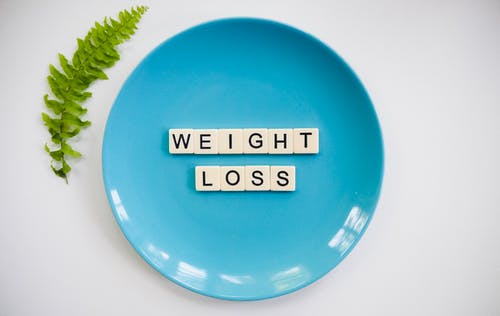New review shows most supplements marketed for weight loss are ineffective.
A new review by the Obesity Society of twenty dietary supplements and two alternative treatments has concluded that, “Purported weight-loss lack high-quality evidence to back up claims of efficacy.” The organization reviewed more than 300 published randomized controlled trials, and “only 0.5% found a statistically significant weight loss of up to 5 kg,” John A. Batsis, MD, from the University of North Carolina at Chapel Hill, and colleagues reported in the journal Obesity. The Obesity Society is dedicated to the study obesity treatment and available solutions.
The authors write, “Dietary supplements and alternative therapies are commercialized as a panacea for obesity/weight gain as a result of the minimal regulatory requirements in demonstrating efficacy. These products may indirectly undermine the value of guideline-driven obesity treatments. Included in this study is a systematic review of the literature of purported dietary supplements and alternative therapies for weight loss.”

It comes just after Wegovy, a Novo Nordisk A/S drug, was recently approved by the Food and Drug Administration (FDA) to help patients lose substantially more weight than existing weight management drugs and showed long-lasting benefits with limited side effects in clinical trials. The drug has been somewhat controversial, mainly because the weekly injection costs over $1,000 a pop.
“Despite the poor quality of these studies with high degrees of bias, most still failed to show efficacy of the product they were testing,” Srividya Kidambi, MD, from the Medical College of Wisconsin, Milwaukee, and colleagues from the Obesity Society’s Clinical Committee, of the most recent report. “Yet these are the studies that are often used to support manufacturers’ claims of ‘clinically proven’ in their marketing.”
The authors continued, “Most consumers are unaware that these nondrug weight-loss products are not regulated by the Food and Drug Administration, but rather, if their ingredients are generally regarded as safe, they are treated as dietary supplements and require little or no testing to show either efficacy or safety.”
Co-author Scott Kahan, MD, MPH stated, “Our patients need to become aware that dietary supplements for weight loss are nothing more than a pipe dream, and as clinicians we would do well to talk with our patients and help steer them toward science-based treatments rather than the ‘Wild West’ of dietary supplements that are marketed for weight loss.”
The supplement industry has consistently pushed for relaxed requirements pertaining to the marketing and regulations of weight loss supplements. Companies have pushed back against efforts by legislators to crack down on exaggerated claims. However, “there has to be some level of protection for consumers who are faced with ads by healthy skinny people saying this [product] can change your life,” the authors note. “Dietary supplements and alternative therapies for weight loss have a limited high-quality evidence base of efficacy. Practitioners and patients should be aware of the scientific evidence of claims before recommending use.”
Sources:
A Systematic Review of Dietary Supplements and Alternative Therapies for Weight Loss
Weak Evidence for Weight Loss in the ‘Wild West’ of Supplements


Join the conversation!